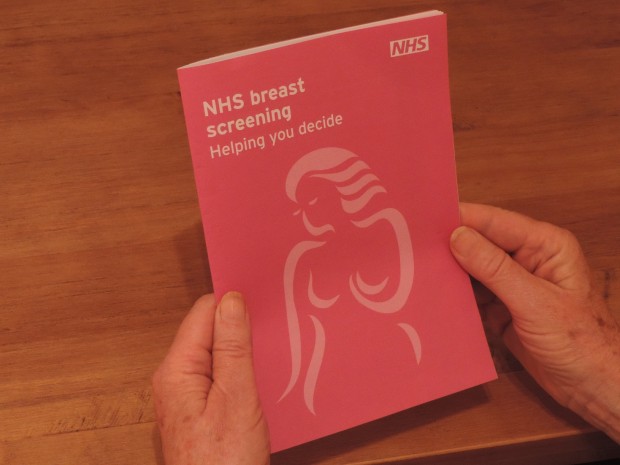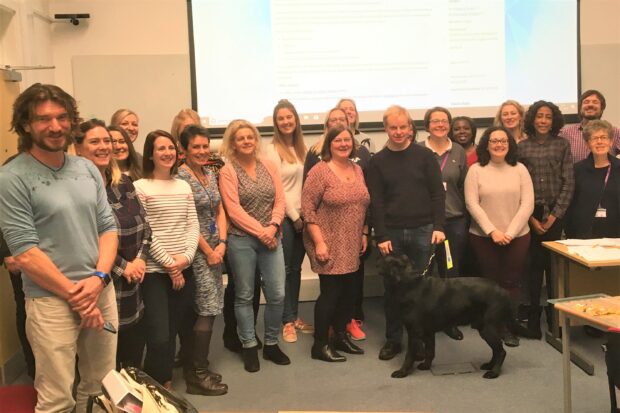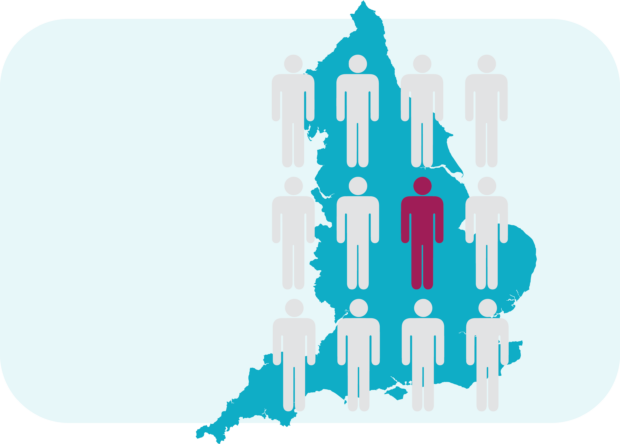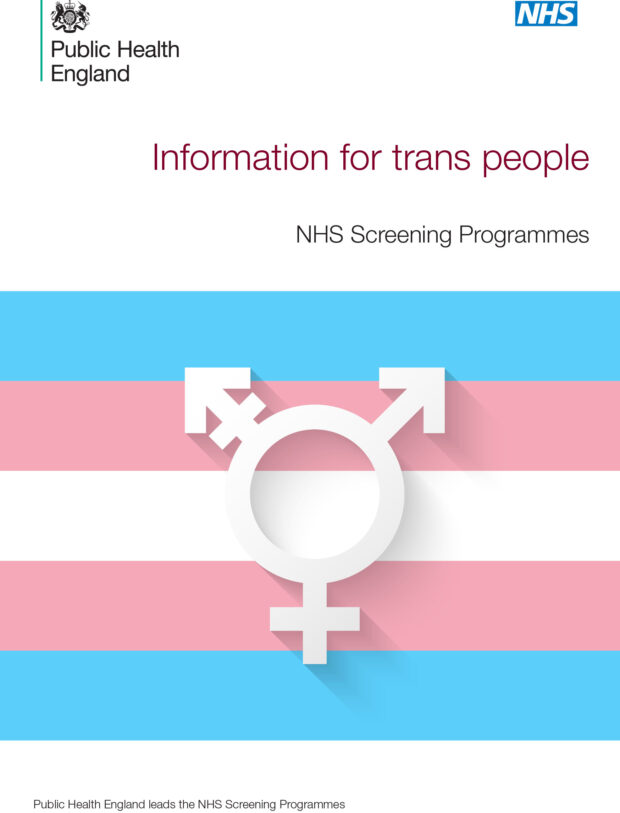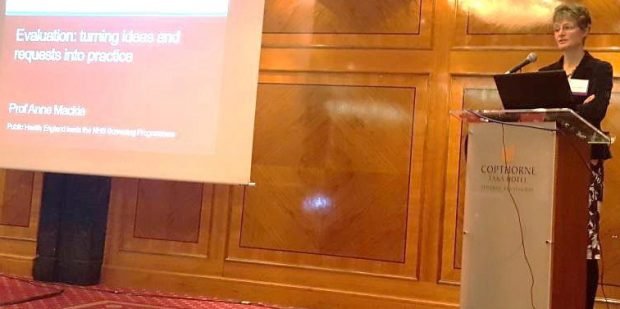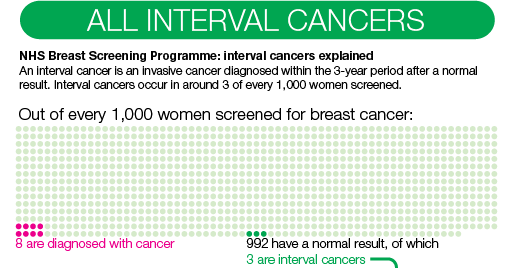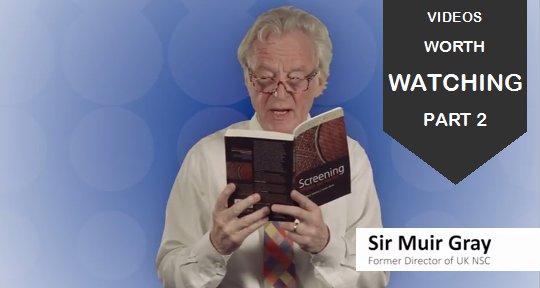This article explains the benefits of local screening services using the national screening leaflets rather than producing their own information. It also describes the remit of Public Health England in terms of screening information produced by third parties outside of the NHS and government.
PHE Director of Screening Professor Anne Mackie explains that it is important that healthcare policy makers do not risk undermining or overlapping with NHS population screening.
A course tutor on the ever popular health screening masters module at the University of Warwick talks about the course and what it offers.
Between 2014 and 2017 Marie Coughlin was the lead officer for the Merseyside Cancer Screening Plan. She shares how she helped raise awareness of screening, particularly within vulnerable and hard to reach groups.
We still have 1,500 copies left of our leaflet about private screening for the public. We won’t be transferring them to our new print provider so if you’d like some leaflets please order them by 16 March.
It’s important GPs help ensure everyone gets the information they need in order to decide if screening is the right thing for them depending on their circumstances.
...produced Health Matters: a call to action to GP practices, local authorities and CCGs to raise awareness, map the coverage issues and improve access to screening. PHE will continue to...
Last month we held the third annual UK National Screening Committee (UK NSC) stakeholder event.
The newly published ‘Breast screening: interval cancers and duty of candour toolkit’ advises health professionals on how to communicate information on interval cancers to women who were previously screened in the programme.
...with screening but with other innovations, we always have the patients, the people in the room, and we ask them how did they see the relative worth of this compared...
